Project Halted to Save Sacred Springs, Tiny Toad
Thanks to a lawsuit by the Center for Biological Diversity and Fallon Paiute-Shoshone Tribe, a federal judge has blocked construction of a geothermal energy plant that would have destroyed Nevada’s unique Dixie Meadows wetlands. This Great Basin Desert oasis includes hot springs sacred to the Tribe and is the only home of Dixie Valley toads, a species we’ve petitioned to protect under the Endangered Species Act.
According to documents we uncovered through the Freedom of Information Act, the federal government approved construction despite its own scientists’ warnings that the project could dry up the springs.
“This injunction means the bulldozers set to start demolishing Dixie Meadows this week have been quieted,” said the Center’s Patrick Donnelly. “Tribal members, the Dixie Valley toad and everyone who loves Nevada’s biodiversity can breathe easier.”
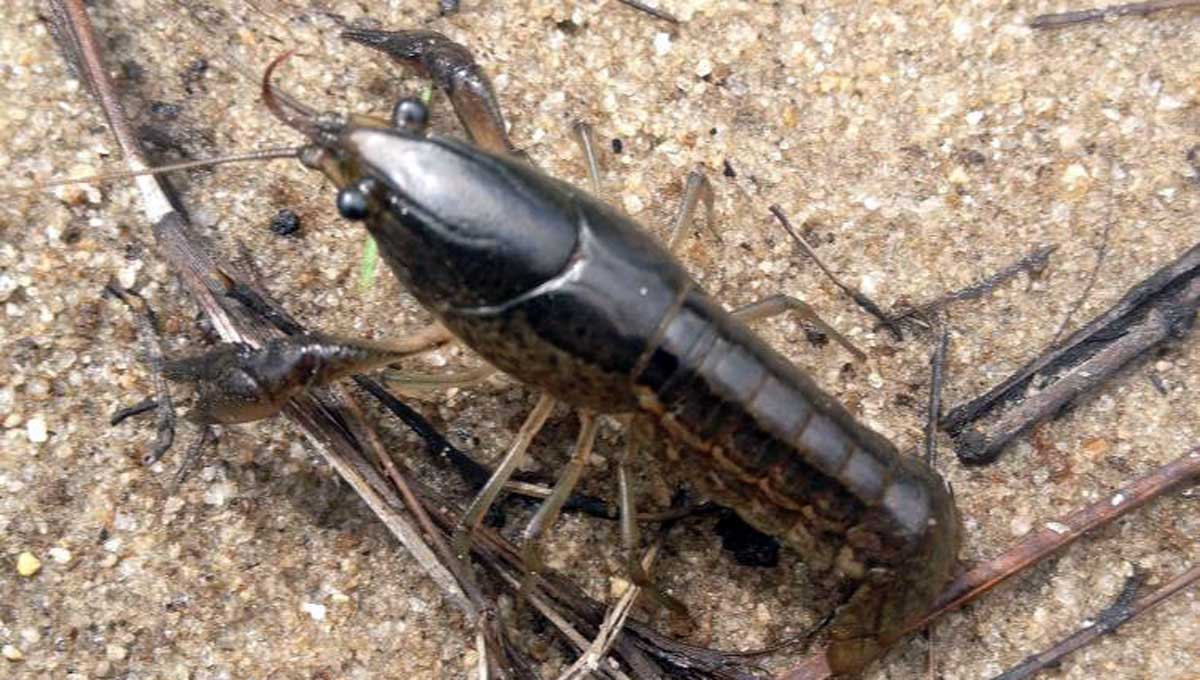
Crayfish Wins Safeguards, 4,000 Protected Acres
Twelve years after a Center petition — and following two Center lawsuits — the U.S. Fish and Wildlife Service has finally protected the Panama City crayfish under the Endangered Species Act, along with 4,138 acres of critical habitat. The pocket-sized shellfish is down to just 12 isolated populations in northwestern Florida.
“This crayfish, like so many of Florida’s plants and animals, has been harmed by unchecked sprawl and now stands on the frontline of the climate crisis,” said the Center’s Jacki Lopez. “By protecting the crayfish, we’re also ensuring Florida’s wetlands ecosystems have a chance to thrive.”
We Couldn’t Win Without You — Thanks
As the Center dives into another year of fighting for species, habitat, communities and the climate, we’re also looking back at the long list of critical victories we scored in 2021 — with your help. Without our 1.7 million members and online activists, we couldn’t answer the call to save the wild, from polar bears to snowy plovers, or win against oil drilling and plastic pollution.
Learn more about our wins last year in this video, take action online, and help us fight for wildlife in 2022 by starting a monthly gift. We’re grateful for your support.
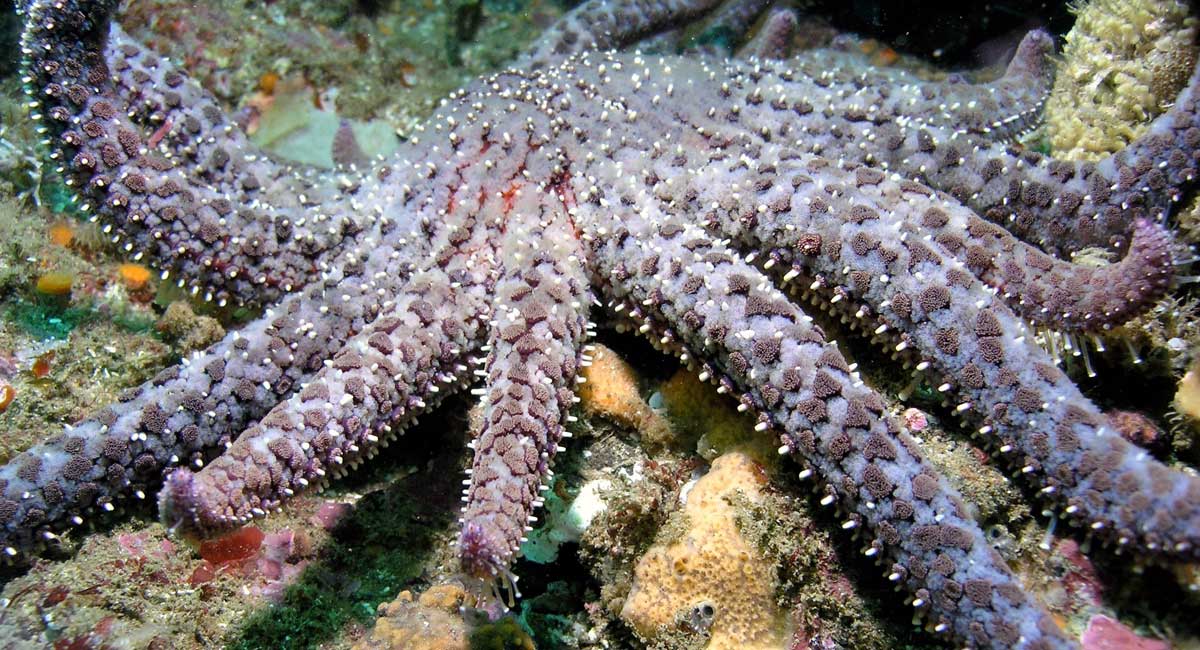
Sunflower Sea Star Moves Toward Protection
Following a Center petition, the federal government just announced it’s considering Endangered Species Act protection for sunflower sea stars. Since 2013 these beautiful invertebrates — who have up to 24 arms, can be more than 3 feet wide, and come in a variety of bright colors — have lost 90% of their Pacific population to the gruesome sea star wasting disease.
“To see these spectacular creatures shriveled and disfigured paints a sad picture of how global warming is worsening disease and other harms in our oceans,” said Miyoko Sakashita, director of the Center’s Oceans program. “This is an important step toward protecting this species and the kelp forests it lives in.”
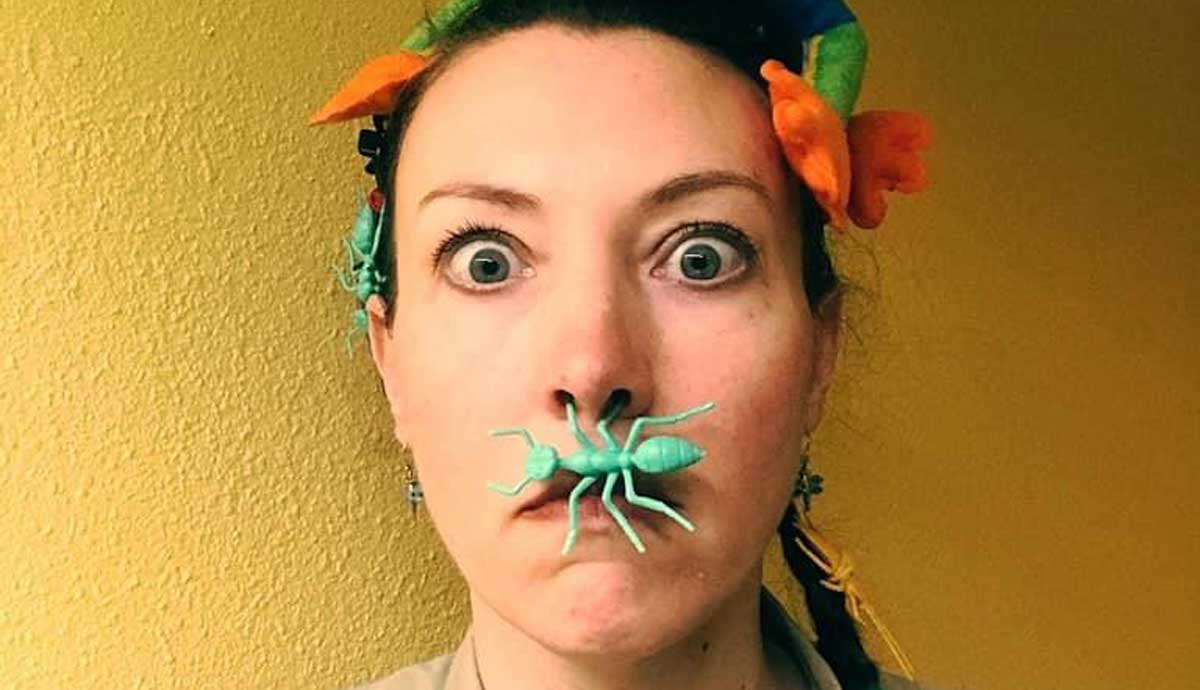
Center Staff Up Close: Tales From Tierra Curry
The Center’s Tierra Curry is always busy saving endangered species — but not too busy to help desperate people nationwide seeking advice when they’ve found (or think they’ve found) one of those species. From constipated pikas to monarch butterflies with self-esteem issues, she’s heard it all.
Check out this awesome interview with Tierra telling her wacky stories — we recommend the audio version so you can hear the, uh, sound effects. She may have some advice for you too.
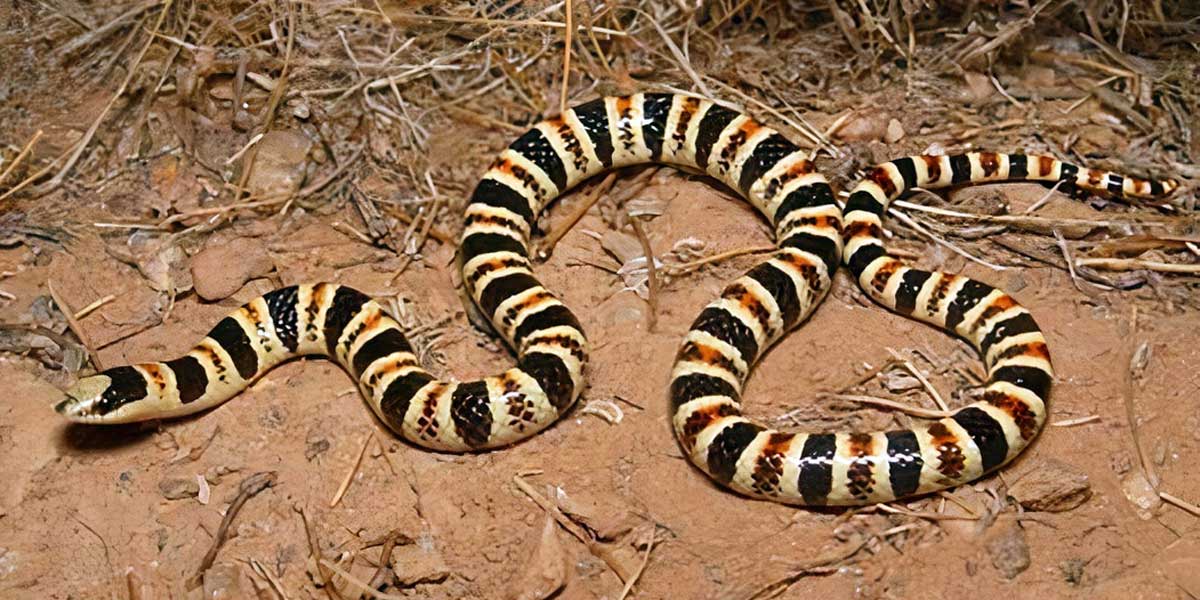
Lawsuit Launched for Tucson Shovel-Nosed Snake
On Monday the Center filed a notice of intent to sue the Fish and Wildlife Service for refusing for a second time to protect Tucson shovel-nosed snakes. We’ve spent almost two decades now fighting for these amazing, vibrantly colored reptiles, whose spade-shaped snouts help them swim through sandy soils.
“This lovely species has lost almost 40% of its habitat to massive urban sprawl in Arizona,” said Noah Greenwald, endangered species director at the Center. “Protecting this snake will mean protecting more of the natural desert we all love.”
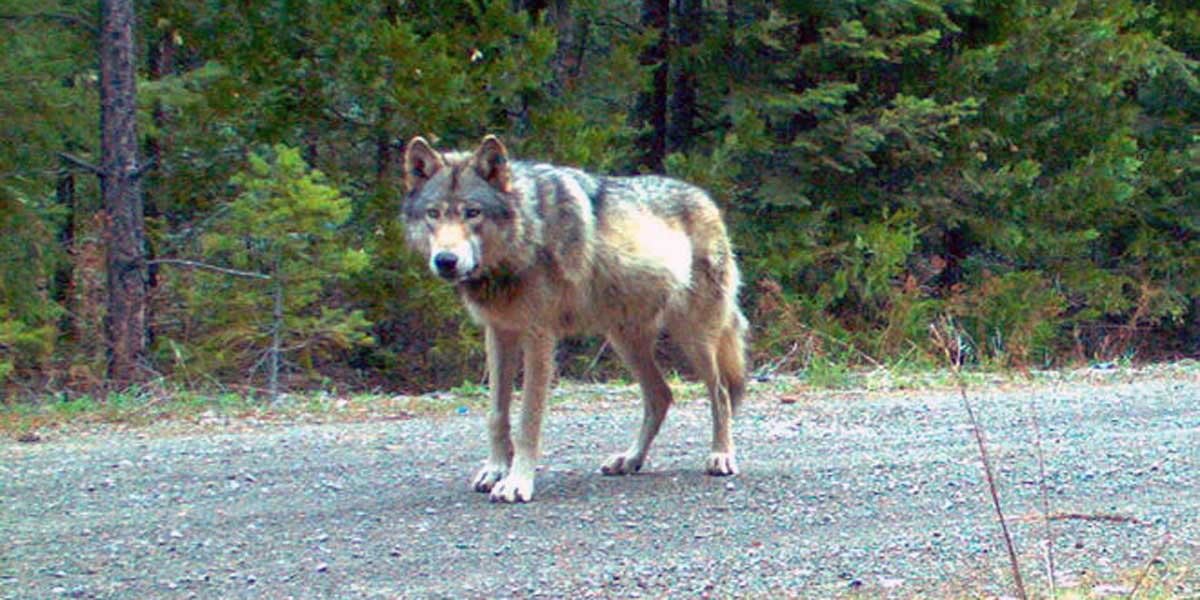
The Wolf Who Journeyed
Ten years ago a lanky, gray-colored wolf made history by crossing from Oregon into California, becoming the Golden State’s first confirmed wild wolf in 87 years. From there he went on to make remarkable contributions to wolf recovery. In this Medium piece, our Amaroq Weiss remembers the famous wolf OR-7, nicknamed Journey.

Honoring Four Towering Liberation Activists
“The Center owes an enormous debt of gratitude to Desmond Tutu, Sarah Weddington, E.O. Wilson and Thomas Lovejoy,” said our Executive Director Kierán Suckling after they recently left the Earth.
“Tutu fought for racial justice and an end to colonialism, inspiring the Center to fight environmental racism and join with Native Americans seeking to protect their sacred lands, kindred species and spirits, and sovereignty. Weddington won Roe v. Wade before the Supreme Court, guaranteeing American women the right to reproductive freedom and inspiring us to make female empowerment and family planning the core of our Population and Sustainability program. Wilson and Lovejoy fought tirelessly to save plants, animals and fungi from extinction and revitalized conservation science and activism by establishing diversity as their fundamental goal. Our very name is a tribute to their accomplishments.
“Passing away together this year-end, Tutu, Weddington, Wilson and Lovejoy remind us, against the institutions of oppression demanding we forget, that the many freedom, equality and justice movements dedicated to repairing our world are not separate. They are entwined branches of a single, very large, very old, unstoppable movement to free all beings from oppression: all species, genders, races, sexualities, cultures, languages and landscapes. The Center is proud to carry the torch of these four thinkers, leaders and activists and the millions more who came before them.”

The Revelator: Stories to Watch in 2022
From plastic pollution to extreme weather and the extinction crisis, the year ahead promises tough fights, enormous challenges and critical opportunities.
Read more in The Revelator and, if you haven’t yet, subscribe to the weekly newsletter.
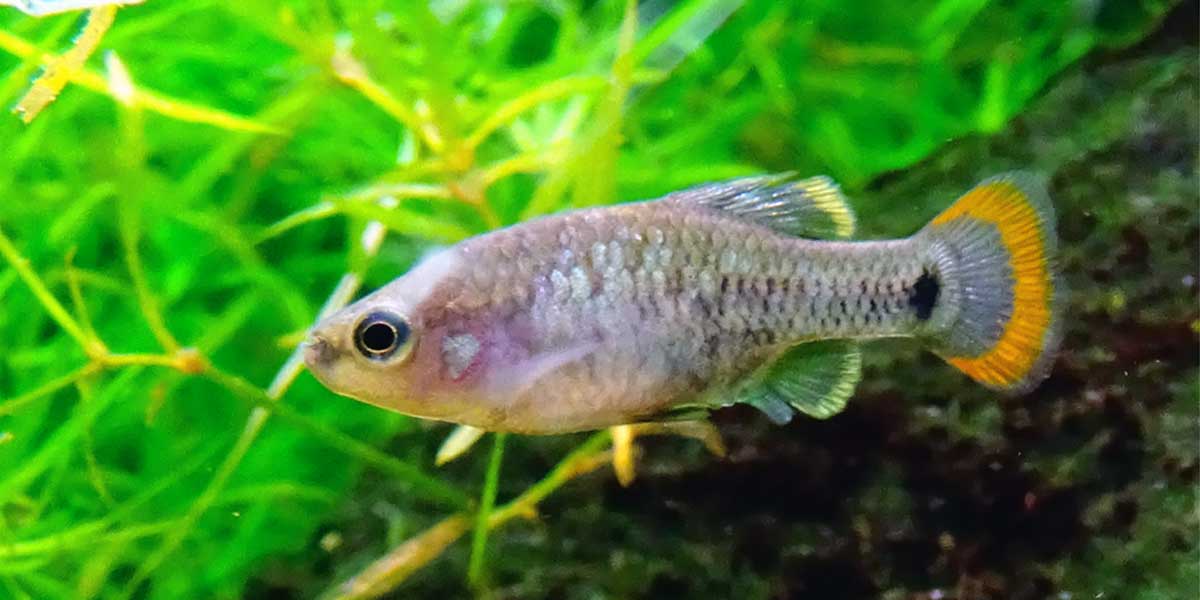
That’s Wild: Tequila Fish Returns to Wild Mexico
The tequila splitfin — native to Mexico's Río Teuchitlán, near the Volcán de Tequila — vanished from the wild at the end of the 20th century. Pollution and invasive species were the culprits. But a collaboration between scientists, conservationists and local communities has brought the tiny fish back to the wild.
Starting in 1998, scientists at the University of Michoacán partnered with England’s Chester Zoo to turn five pairs of aquarium-kept tequila fish into 10,000 in artificial pools. The fish were reintroduced to the wild after a river cleanup project led by communities — including a group of mostly children, calling themselves River Guardians, who removed garbage and invasive plants.
Researchers now say a wild population of tequila fish is thriving, and the project is a case study for successful global reintroductions.
Center for Biological Diversity | Saving Life on Earth
Photo credits: Dixie Valley toad by Patrick Donnelly/Center for Biological Diversity; Panama City crayfish courtesy Florida Fish and Wildlife Conservation Commission; polar bears from screenshot of video by Center for Biological Diversity; sunflower sea star by Kevin Lafferty/USGS; Tierra Curry used with permission; Tucson shovel-nosed snake courtesy USGS; wolf OR-7 courtesy Oregon Department of Fish and Game; Desmond Tutu by Kristen Opalinski, Thomas Lovejoy by Global Environment Facility/Flickr, E.O. Wilson by Jim Harrison, Sarah Weddington by Patty Mooney; Yellowstone Lake by Neal Herbert/NPS; tequila splitfin by Loury Cédric/Wikimedia.
Center for Biological Diversity
P.O. Box 710
Tucson, AZ 85702
United States
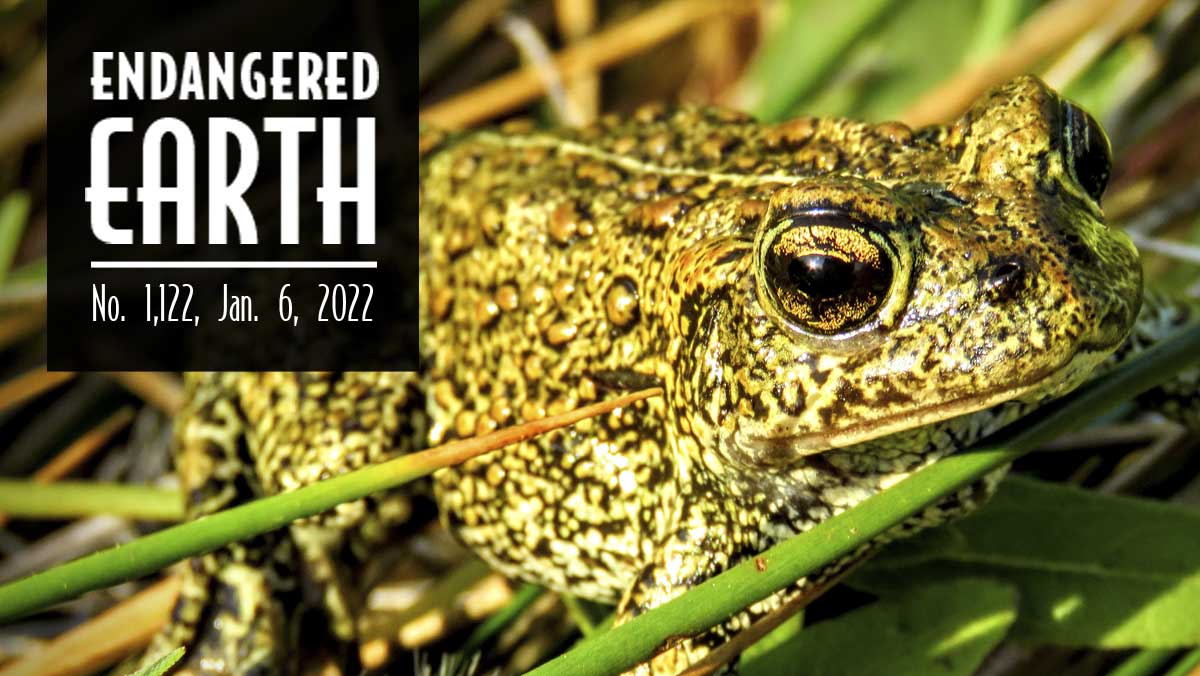

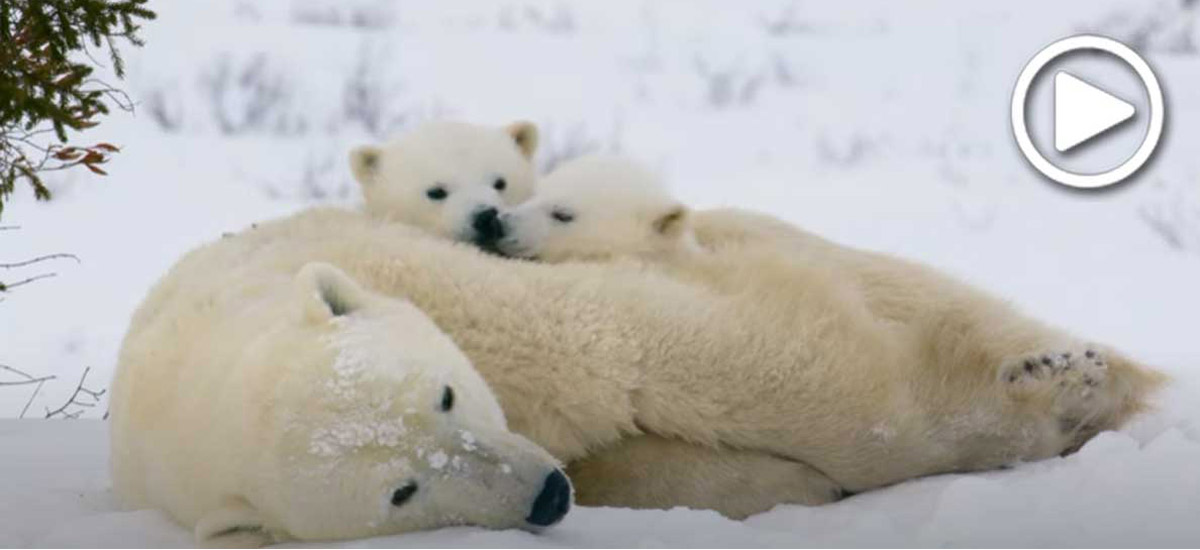

No comments:
Post a Comment